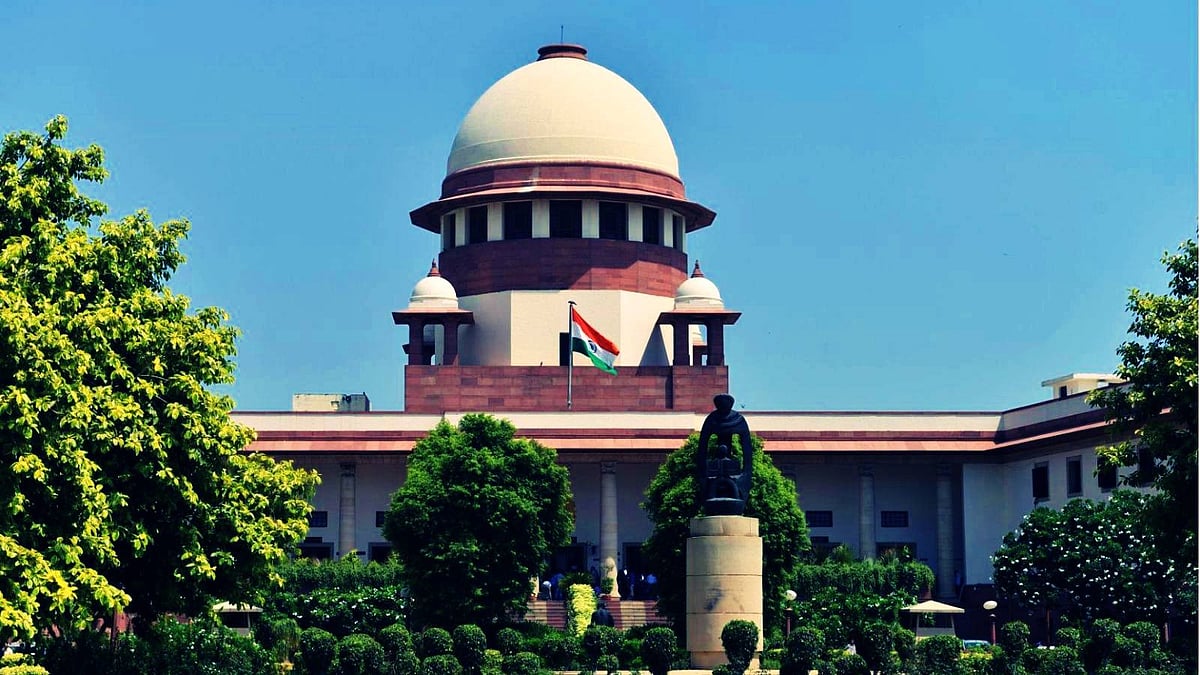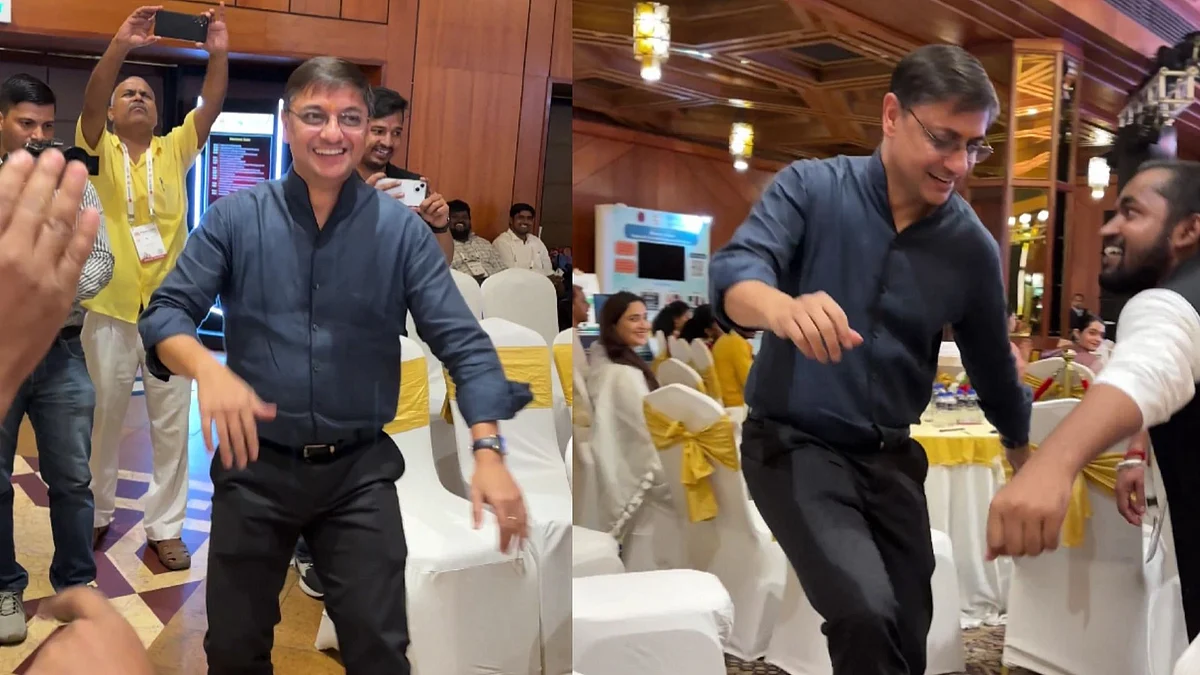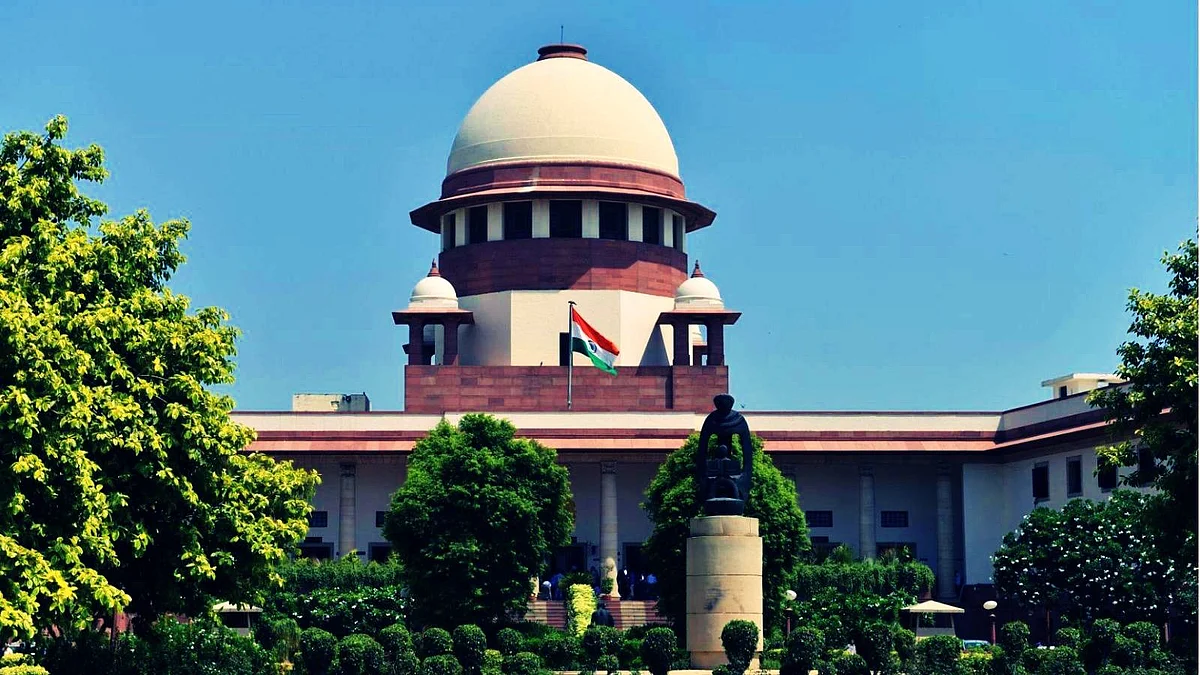Stray dogs on the street, teenagers hooked on betting apps, the courts hitting the gavel to bring decorum, the government scrambling for leashes, and the opposition? It howls anyway.
Welcome to the grand circus, where foresight is rare, hindsight is abundant, and decisive action is always one headline too late.
I’ll admit my biases upfront. I’ve been a long-standing critic of online betting. Never once have I seen it as a “game of skill”. It is addiction wrapped in glitter and algorithms. Families have lost peace, kids have lost savings, and we continue to debate whether it was a game of skill or whether it can be considered a sport.
Yes, I’m a dog lover. A pet parent, too. Our family dog, Milo Kotnala, even finds his name printed on my daughter’s wedding card. But love aside, I can’t deny the problem strays have become in our cities. Packs roaming unchecked, attacks mounting, and emotions clashing. This is no longer about “feed or don’t feed”. It’s a public safety issue while we fail to recognise who has been creating this problem. Where are the vaccination and neutering programmes? How many are licensed pets? Why are the designer breeds and aggressive breeds being allowed to breed and be adopted?
So, I, too, have my POVs. They are personal, polarised, and maybe biased. But that’s precisely why I expect the government to act contextually. Not with sentiment, but with sense. Because if lawmaking bends to every bias, we might as well govern by a Twitter poll.
The larger problem is the pattern. It never changes. First comes denial. Then, there is a delay; finally, a regulation when the chaos is too big to ignore. By then, the problem is no longer an issue; it’s an established ecosystem that needs to be shaken.
Take crypto. For years, experts flagged it as scam-friendly. We weren’t sure—was it an innovation or fraud? The indecision gave fraudsters a free market. Only when ordinary citizens lost lakhs in “guaranteed return” apps did the taxman swagger in.
Cyber scams? Every family has a story. Money siphoned off via fake links, jobs, and apps. For years, they were brushed aside as “one-offs”. Today, it’s a nationwide epidemic. The criminals use AI; the state issues advisories. Who do you think is winning?
Same with betting apps. Same with stray dogs. Same with a dozen other festering messes. Governance by crisis is not governance. It’s firefighting, with the citizen as the fuel.
Now the government has shown it can be bold. Article 370’s removal was decisive, not dithering. Aadhaar now powers welfare and banking. The UPI is Silicon Valley envy. Rural electrification and connectivity schemes have genuinely moved the needle.
When political will aligns with foresight, India delivers. Fast. Big. Bold.
So why the inconsistency? Why would a government that rolled out the UPI in record time take decades to leash the betting apps or tackle stray dogs? Why do we show urgency only on the grand stage but lethargy on the everyday street?
And then, of course, the opposition. In India, dissent is not reasoned; it’s reflexive. If the government says white, they must scream black. If the government bans betting, they cry nanny state. If the government curbs strays, they shout cruelty. Constructive criticism? That’s passé. Walkouts are easier. Disruption is trendier. Applause for the government is career suicide.
Which leaves a vacuum. And when Parliament refuses to work, the courts step in. Judicial overreach isn’t ambition, the courts will tell you; it’s compulsion. Somebody has to decide. But this drift is dangerous.
Where does the court stop and the legislature begin? If judges must weigh in on crypto, dogs, exams, and even wedding processions, then what are MPs for? Is Parliament a debating chamber or just a waiting room for court orders? And if this continues, should we start electing judges instead of lawmakers?
Democracy outsourced to PILs is not democracy. It’s abdication.
This cannot go on. Courts must remain interpreters of law, not daily managers of policy. Governments must anticipate, not just react. Opposition must do its job in Parliament, not in TV studios.
Yes, there will always be more than one view. Yes, collateral damage is inevitable. But decisive governance means taking the contextual call—even if it hurts some, even if it offends others. Leadership is not about avoiding backlash today; it’s about securing stability tomorrow.
India has already proved it can do the big, complicated things. The need now is to extend that decisiveness to everyday crises—crypto scams, cyber frauds, strays, betting and more. Because if Parliament doesn’t reclaim its turf, the courts will keep doing the heavy lifting. And we, the citizens, will keep footing the bill.
Until then, the script writes itself. Governments trail the problem. Opposition trails the government. Courts trail both.
And the citizen? Forever led by those who are one step behind.
Sanjeev Kotnala is a brand and marketing consultant, writer, coach and mentor.










